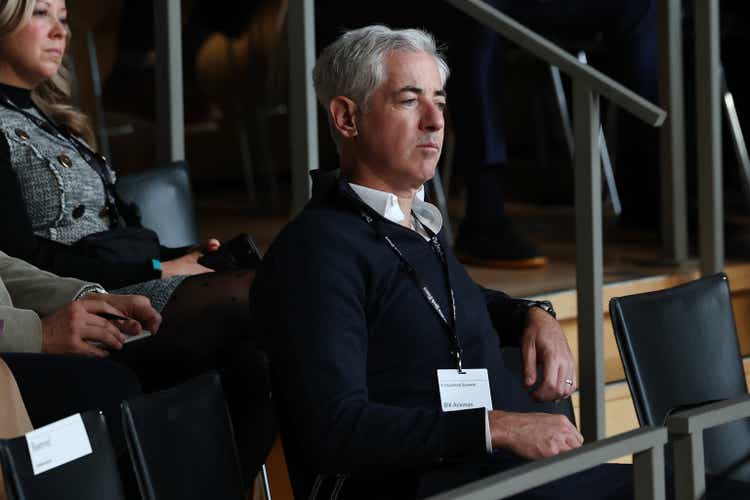
The Looming Shadow of Recession: Are Tariffs the Tipping Point?
The global economy is a complex web, delicately balanced on a precarious tightrope. A single, seemingly insignificant event can send ripples – or even tidal waves – through its intricate systems, triggering unforeseen consequences. Right now, a significant shadow looms large: the potential for a significant recession, fueled by escalating trade tensions and the controversial implementation of tariffs.
Leading voices in the financial world are expressing increasing concern, highlighting the inherent risks associated with these protectionist measures. The argument isn’t about free trade versus protectionism in a vacuum; it’s about navigating a practical path through a turbulent economic landscape. The imposition of tariffs, intended to protect domestic industries, can inadvertently inflict significant damage on the broader economy, potentially outweighing any perceived benefits.
One of the key concerns is the disruptive effect on supply chains. Global trade relies on intricate networks of interconnected businesses, each playing a crucial role in the production and distribution of goods. Tariffs introduce artificial barriers, increasing costs and creating bottlenecks throughout these networks. This increased cost of production isn’t simply absorbed by businesses; it’s often passed on to consumers in the form of higher prices, potentially impacting consumer spending and dampening economic growth.
Beyond the immediate impact on prices, the uncertainty created by unpredictable trade policies adds another layer of complexity. Businesses operate on forecasts and planning; sudden shifts in trade regulations create instability, making long-term investments less attractive. This hesitancy can lead to reduced capital expenditure, impacting job creation and overall economic activity. It’s a chilling effect that stifles growth and innovation, precisely the opposite of the intended outcome.
The consequences extend beyond individual businesses. Consumers, facing higher prices for everyday goods, are likely to reduce their spending. This decline in consumer demand can trigger a domino effect, impacting businesses across various sectors, potentially leading to job losses and a downward economic spiral. This isn’t simply theoretical; historical examples demonstrate the potential for trade disputes to escalate into broader economic crises.
Furthermore, the retaliatory measures often triggered by tariffs create a cycle of escalating tensions. When one country imposes tariffs, other nations often respond in kind, leading to a trade war that harms all participants. This tit-for-tat exchange can quickly spiral out of control, creating a climate of uncertainty and instability that further undermines economic confidence.
Therefore, the call for a more measured approach to trade policy is not merely a plea for free-market ideals; it’s a practical warning based on sound economic principles. A thoughtful evaluation of the long-term consequences of these protectionist measures is crucial. Ignoring the potential for a significant recession triggered by escalating trade tensions would be a grave mistake with far-reaching and potentially devastating consequences for the global economy. The time for cautious consideration and strategic recalibration is now, before the looming shadow of recession fully engulfs us.



Leave a Reply